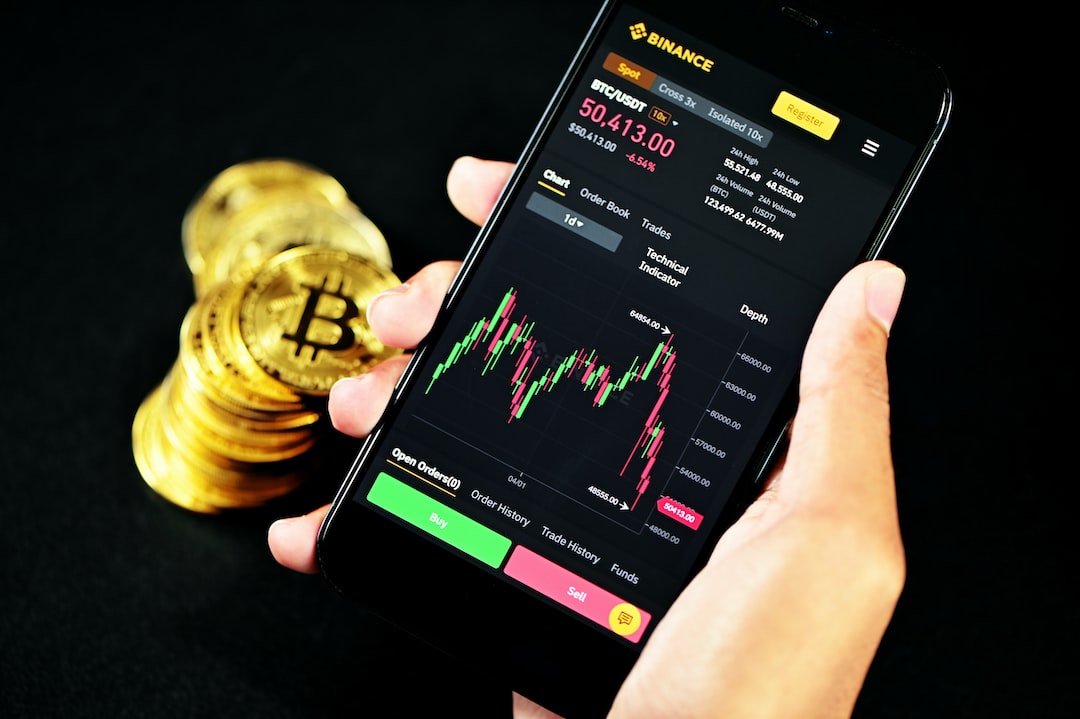Forex trading, also known as foreign exchange trading, is the process of buying and selling currencies with the intention of making a profit. It is a highly popular and lucrative form of investment that has attracted many beginners in recent years. However, getting started in forex trading can be quite challenging, especially for those who have no prior knowledge or experience. In this article, we will provide a detailed guide on how to get started in forex trading.
1. Learn the basics of forex trading
Before you start trading, it is essential to learn the basics of forex trading. This includes understanding the different types of currencies, currency pairs, and how they are traded. You should also learn about the various trading strategies, tools, and indicators used in forex trading. There are many online resources available that can help you learn the basics of forex trading, such as forex blogs, forums, and trading courses.
2. Choose a reliable forex broker
Once you have learned the basics of forex trading, the next step is to choose a reliable forex broker. A forex broker is a company that provides traders with access to the foreign exchange market. There are many forex brokers available, but not all of them are trustworthy. You should choose a broker that is regulated by a reputable regulatory authority, such as the Financial Conduct Authority (FCA) in the UK or the National Futures Association (NFA) in the US. You should also consider the broker’s trading platform, commissions, spreads, and customer support before making your decision.
3. Open a demo account
Before you start trading with real money, it is recommended to open a demo account with your chosen forex broker. A demo account allows you to trade with virtual money in a simulated trading environment, which is similar to a real trading account. This will help you to practice your trading strategies, test the broker’s trading platform, and gain experience without risking your own money. Most forex brokers offer demo accounts, and you can open one for free.
4. Develop a trading strategy
To be a successful forex trader, you need to develop a trading strategy that suits your trading style and risk tolerance. A trading strategy is a set of rules that you follow when entering and exiting trades. It should include your entry and exit points, stop-loss levels, and take-profit targets. You should also consider factors such as market analysis, risk management, and psychology when developing your trading strategy.
5. Start trading with real money
Once you have gained enough experience and confidence with your demo account, you can start trading with real money. However, it is recommended to start with a small amount of money and gradually increase your investment as you gain more experience. You should also apply your trading strategy and risk management principles when trading with real money. It is essential to manage your emotions and avoid making impulsive decisions based on greed or fear.
6. Keep learning and improving
Forex trading is a continuous learning process, and you should always strive to improve your skills and knowledge. You should continue to educate yourself by reading forex blogs, attending webinars and trading courses, and analyzing market trends. You should also keep a trading journal to record your trades and evaluate your performance. This will help you to identify your strengths and weaknesses and improve your trading strategy accordingly.
Conclusion
Getting started in forex trading can be challenging, but with the right mindset, knowledge, and tools, you can become a successful forex trader. You should learn the basics of forex trading, choose a reliable broker, open a demo account, develop a trading strategy, start trading with real money, and continue to learn and improve. Remember that forex trading involves risks, and you should always apply risk management principles and manage your emotions when trading.





